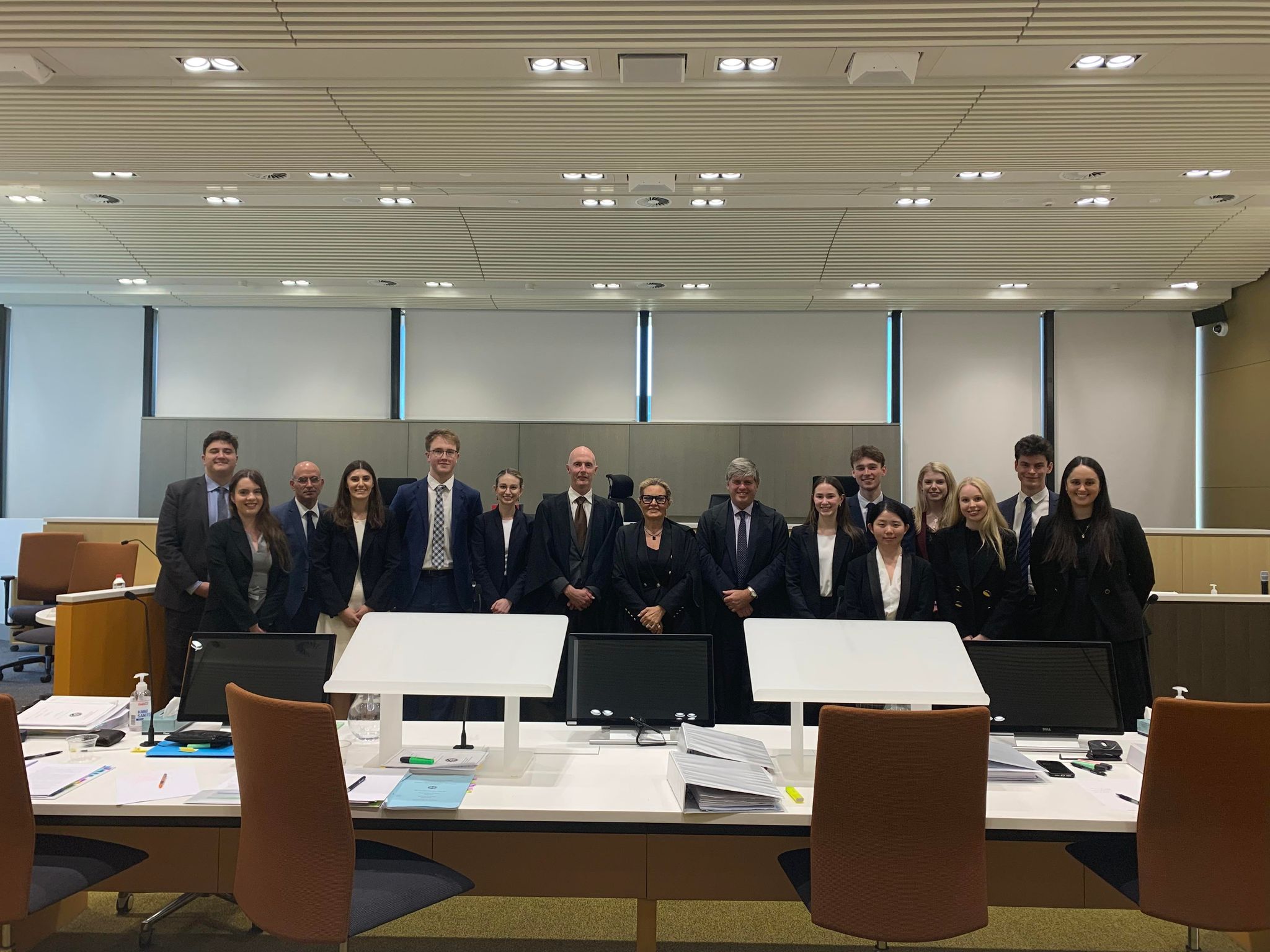Call for Submissions, International Law Weekend, 17 April 2023
International Law Weekend 2023, the American Branch’s annual conference and the premier international law event of the fall season, is scheduled for 19 October to 21 October 2023 in New York City. The American Branch is pleased to invite other ILA Branches and their members to submit panel proposals for inclusion in the conference program by the deadline of 17 April 2023.
The theme of ILW 2023 is Beyond International Law. More information and instructions on submitting a panel proposal is available.
International Law Association Webinar on the Ocean, 25 April 2023
This is the 9th of a series of webinars scheduled to take place throughout 2023 to mark the 150th anniversary of the International Law Association. This webinar will discuss the Ocean White Paper, is chaired by Eden Charles, Deputy Permanent Representative of Trinidad and Tobago to the United Nations and features 12 speakers with diverse backgrounds and expertise, including ILA (Australian Branch) President Professor Natalie Klein (UNSW Sydney). It will be an opportunity to understand the main drivers of ocean change between now and 2050 and to consider potential solutions, both from the regulatory, ocean governance and management perspectives. The event is to be held online on 25 April 2023 at 2:00 pm to 5:00 pm CET. Registration is essential. The full list of webinars is available on the ADI-ILA 150 website.
Call for Expressions of Interest, Early Career International Lawyers Panel Presentations, 28 April 2023
The ILA (AB) is planning to host several panel presentations throughout 2023 highlighting the work or research of early career international lawyers. The aim is to provide a platform for early career international lawyers to showcase a current project and receive feedback on their work. This opportunity is open to all early career international lawyers (i.e. with no more than five years of experience working in international law practice or academia, or current postgraduate student), and priority will be accorded to members of the ILA (AB). Please submit your EoI (consisting of the title of the paper, 200 word abstract and CV) to [email protected] by 28 April 2023. Please advise in your EoI if you have definite restrictions on your availability for the presentation.
International Law Association Symposium, 18-20 June 2023
The symposium for the 150th anniversary of the International Law Association (ILA) will be held between 18 and 20 June 2023, in a hybrid format in Paris and online. The Symposium will be hosted at Cité internationale universitaire de Paris, Maison internationale, 17 boulevard Jourdan, 75014 Paris, and the program for the Symposium features an Opening Ceremony, 16 different panels, a Dinner and a Members’ Meeting. Topics to be explored include the relationship between hard law and soft law, businesses as international law actors, cooperation, due diligence, mediation, sanctions and immunities. Full details and registration is available on the ADI-ILA 150 website. Early bird rates are available until 31 March 2023.
Call for Papers, German Yearbook of International Law, 1 August 2023
The German Yearbook of International Law is Germany’s oldest yearbook in the field of public international law. The Editors welcome submissions for volume 66 (2023) of the GYIL. Papers should be 10,000-12,500 words inclusive of footnotes and must conform with the house style guide of the GYIL. Submissions, including a brief abstract, statement of affiliation, and confirmation of exclusive submission, should be sent by 1 August 2023 to the Assistant Editor of the GYIL via e-mail: [email protected]. More information can be found at http://www.gyil.org/ and http://www.wsi.uni-kiel.de/.
Call for Papers, RUMLAE CYBERCON 23, 1 June 2023
The Research Unit on Military Law and Ethics (RUMLAE) at the University of Adelaide is inviting abstracts on the topic of ‘Cyber Conflict and Legal Frameworks’ to be presented at a conference hosted at the University of Adelaide on 4-5 September 2023.
Abstracts of 300‐600 words should be submitted, together with a 300-word biographical note on the author(s), by 01 June 2023. Please send a submission in PDF or Word format stating ‘RUMLAE CYBERCON’ in the subject line to [email protected], or contact the same individual with any queries. Selected contributors will be notified by early June and asked to prepare 20-minute presentations for the workshop, with the intention is that these presentations will be developed into Chapters in an edited collection with Brill Nijhoff.

